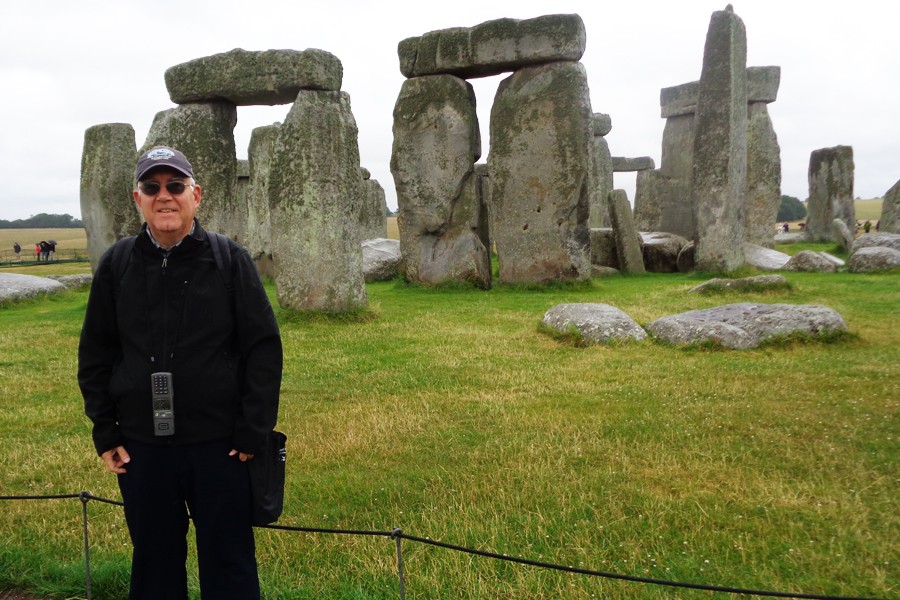A wonderful thing about mathematics is that you can do it anywhere. So, for me, sabbaticals are a time to travel as I work.
On previous sabbaticals, I relocated for an entire semester or year to research institutes in Minnesota and Sweden, and to a Navy base on an American Society for Engineering Education sabbatical fellowship. Each visit enabled me to focus on a specific research topic with a small group of collaborators. Now I am just starting my sabbatical for the 2015–16 academic year. This time I will take a lot of short trips.
During the summer, I attended conferences and workshops covering all my research areas—probability and stochastic processes, percolation theory, random graphs, and statistics—to learn the latest results, methods, and open problems, and to stimulate new research ideas for the sabbatical year. At Oxford University, I watched a former student receive the Ito Prize, a major award in probability. At the random graphs conference in Pittsburgh, I finished second in the senior division of the random distance run. At a workshop at the American Institute of Mathematics, in San Jose, California, I learned that one of my results from 1995 is crucial for new results in first-passage percolation theory.
Now I am based at home to work on a backlog of writing, including a research monograph, and to start a variety of new investigations. I am settling into a routine of daily writing and research. However, I will travel frequently to present results or visit collaborators, thanks to travel support from my department's Acheson Duncan Fund. I am also continuing two of my enjoyable "extracurricular" activities at Hopkins, being faculty adviser for the women's soccer team and updating an enrollment prediction model for the Admissions Office.








